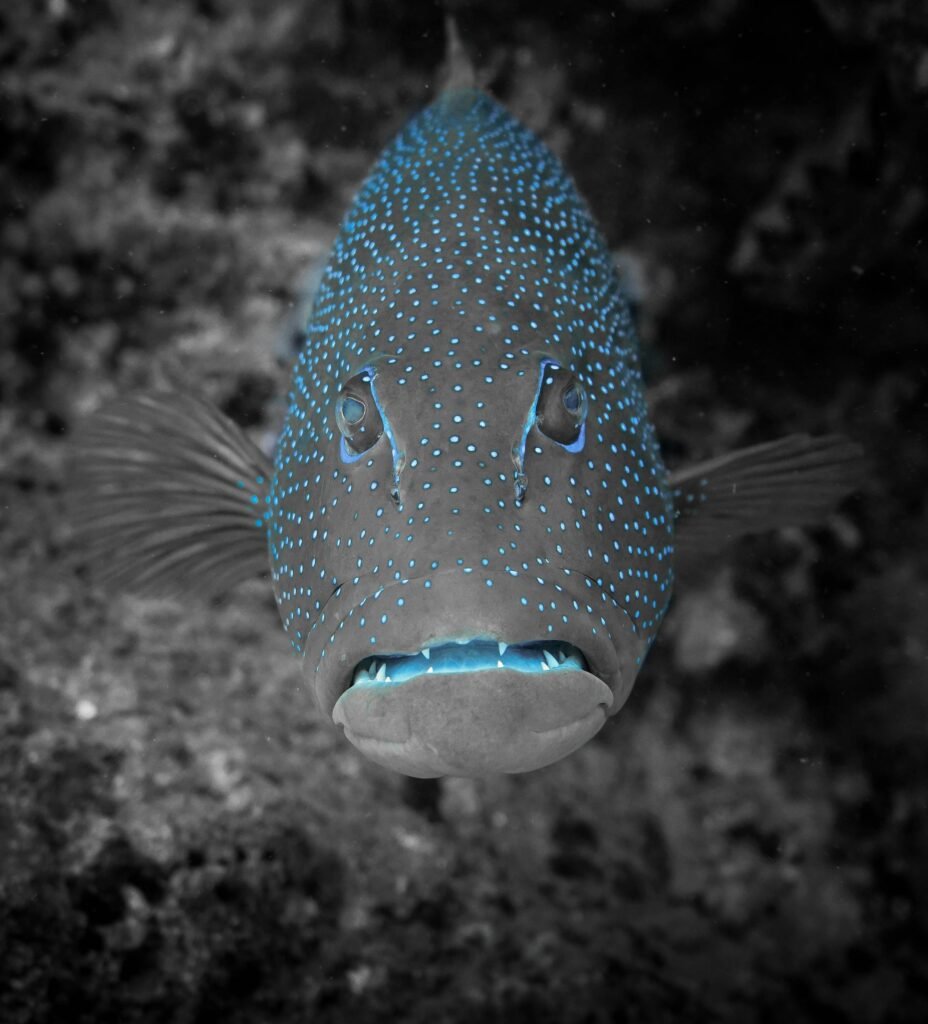Throughout Jewish culture, fish have long been celebrated as powerful symbols, representing life, prosperity, and divine blessings. While fish in general are deeply rooted in Jewish customs, the concept of black fish offers an intriguing perspective that reflects themes of resilience, spiritual depth, and cultural continuity. This blog explores the fascinating role of black fish in Jewish culture, their symbolism, and their significance in both traditional and modern Jewish practices.
The Historical Roots of Fish in Jewish Culture
Fish hold a prominent place in Jewish texts and traditions. In the Torah and Talmud, fish are associated with blessings of fertility and abundance. This stems from the biblical command “P’ru u’rvu” (Be fruitful and multiply), which parallels the prolific nature of fish.
Fish are also seen as symbols of divine protection. According to Jewish belief, fish are immune to the “evil eye” because they live underwater, hidden from plain sight. This protection is especially relevant during significant occasions such as Rosh Hashanah, where fish play a symbolic role in prayers for blessings and leadership.
While references to specific fish species, such as the black fish, are less common in classical texts, the color black introduces layers of meaning. The black fish, often seen as mysterious and profound, connects to themes of transformation, resilience, and survival amidst challenges—a recurring motif in Jewish history. World Culture Festival DC: A Celebration of Unity and Diversity
Symbolism of Black Fish in Jewish Culture
In Jewish tradition, colors and symbols carry significant weight. The black fish, by virtue of its color, takes on a deeper, metaphorical meaning:
- Mystery and Depth:
The color black symbolizes the unknown, much like the vast and hidden world of water. The black fish represents an invitation to explore deeper spiritual truths in Judaism, much like the mystical teachings of the Kabbalah. - Resilience and Strength:
Black fish are often associated with survival and strength. They thrive in various environments, a reflection of the Jewish people’s enduring resilience across centuries of trials and challenges. - Transformation:
Water itself is a symbol of purification and transformation in Jewish rituals, such as mikvah (ritual baths). The black fish embodies the ability to adapt, evolve, and emerge stronger—both spiritually and culturally.
Black Fish in Jewish Art and Folklore
Fish, including black fish, have appeared in Jewish art and folklore as symbols of divine favor and continuity. In traditional Judaic art, fish are often depicted as part of blessings for prosperity and protection. Some folklore stories reference fish as creatures of wisdom, existing within the hidden depths of water, which itself symbolizes Torah knowledge.
The black fish specifically may appear in modern interpretations of Jewish art, where its dark color serves as a representation of overcoming darkness and emerging into light. This aligns with the broader Jewish concept of hope prevailing over adversity.
The Role of lack Fish In jewish culture Traditions and Holidays
Fish, including the black fish, hold particular significance during Jewish festivals and rituals:
- Rosh Hashanah – The Jewish New Year:
On Rosh Hashanah, it is customary to eat a fish head while reciting the prayer, “May we be like the head and not the tail”. The black fish, symbolizing resilience, aligns perfectly with this custom of seeking blessings for leadership, strength, and a prosperous year ahead. - Kosher Laws and Shabbat Meals:
In Jewish dietary laws (kashrut), fish hold a unique place because they can be eaten with either dairy or meat. During Shabbat meals, fish—whether black fish or otherwise—are served as a symbol of peace, sanctity, and divine blessing. - Ritual Symbolism of Water and Fish:
Water, which houses the black fish, is significant in Jewish customs such as mikvah. Just as fish thrive in water, they are symbolic of purity, renewal, and continuity of life. Culture Grams: Your Gateway to Understanding Global Cultures
Modern Interpretations of Black Fish In Jewish Culture Communities
In contemporary black fish in jewish culture, the symbolism of black fish continues to resonate. Jewish artists and educators often use the black fish as a metaphor for exploring spirituality, identity, and resilience.
Modern interpretations may also connect the black fish with themes of diversity and uniqueness within the Jewish community. Just as fish of various colors coexist in the water, the Jewish people embrace their diversity while sharing a common spiritual heritage.
Furthermore, the black fish serves as a reminder of the importance of resilience and adaptability, values deeply ingrained in Jewish teachings and history.
FAQs:
1. What does the fish symbolize in Judaism?
In Judaism, fish symbolize life, fertility, divine protection, and blessings. They are often seen as immune to the “evil eye” and are associated with prosperity.
2. What is the significance of the black fish?
The black fish adds layers of symbolism, representing mystery, resilience, and spiritual depth within Jewish culture.
3. Why is fish eaten during Rosh Hashanah?
Fish, including black fish, are eaten during Rosh Hashanah as a symbol of leadership, blessings, and a prosperous start to the new year.
4. Are fish significant in Jewish dietary laws?
Yes, fish are kosher and play a special role in Jewish dietary laws because they can be eaten with both dairy and meat.
Conclusion:
The black fish in jewish culture serves as a powerful symbol of mystery, strength, and spiritual exploration. While fish in general are deeply tied to Jewish traditions and blessings, the black fish adds a unique layer of resilience and transformation. From historical roots to modern interpretations, the black fish continues to inspire and reflect the enduring values of Jewish communities worldwide.



